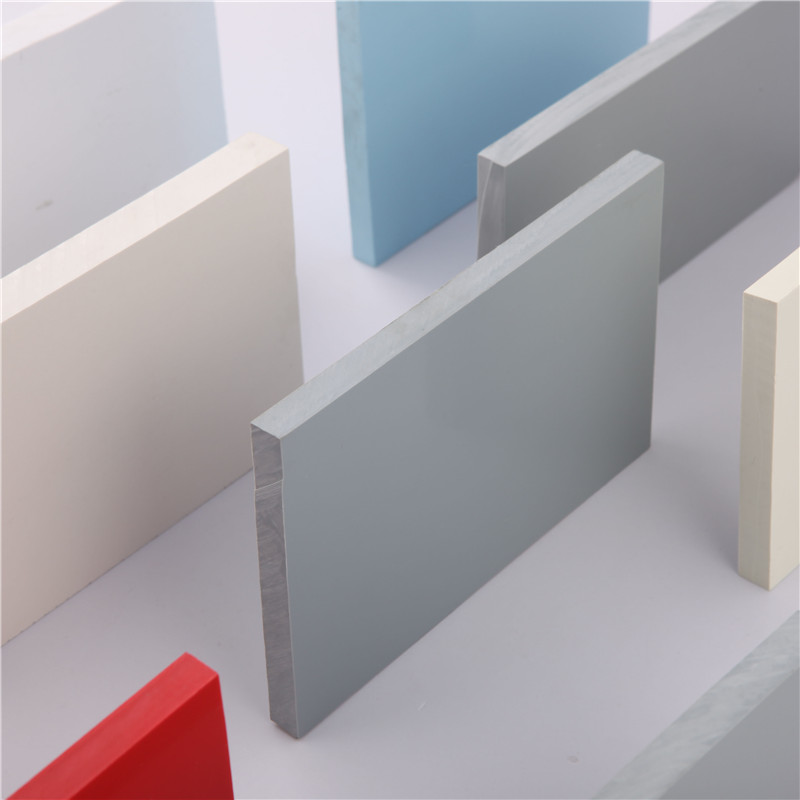Nov . 22, 2024 15:07 Back to list
pvc drain pipe
Understanding PVC Drain Pipes Benefits, Applications, and Installation
Polyvinyl Chloride (PVC) has revolutionized the plumbing and drainage industry due to its durability, lightweight nature, and cost-effectiveness. PVC drain pipes are widely used in residential, commercial, and industrial settings for effective water management solutions. This article delves into the benefits, applications, and proper installation techniques for PVC drain pipes.
Benefits of PVC Drain Pipes
1. Durability PVC pipes are resistant to corrosion and chemicals, making them suitable for transporting a wide range of liquids, including wastewater. Unlike metal pipes that may rust over time, PVC pipes maintain their integrity even when exposed to various environmental factors.
2. Lightweight One of the standout features of PVC pipes is their lightweight composition. This characteristic not only makes them easier to transport and handle but also reduces the labor costs associated with installation. PVC pipes can be easily cut and joined, allowing for efficient assembly on-site.
3. Cost-Effective The affordability of PVC pipe, combined with its long lifespan, makes it a popular choice among builders and contractors. The lower upfront costs, coupled with minimal maintenance requirements, lead to significant savings over time.
4. Versatility PVC drain pipes come in various diameters and lengths, making them suitable for different applications. Whether it’s for residential plumbing, agricultural drainage systems, or industrial wastewater management, PVC pipes can accommodate diverse needs.
5. Eco-Friendly PVC is a recyclable material, and many manufacturers have adopted sustainable practices, making it a better choice for environmentally conscious builders. Choosing PVC helps reduce plastic waste in landfills and promotes responsible resource management.
Applications of PVC Drain Pipes
PVC drain pipes are used in a myriad of applications
- Residential In homes, PVC pipes are typically employed for indoor plumbing, drainage systems, and vent stacks. Their non-toxic nature makes them safe for transporting drinking water, making them versatile for various plumbing needs.
- Commercial In commercial establishments, PVC pipes are used in larger scale plumbing systems and for efficient management of stormwater runoff. Their strength and reliability under high-pressure conditions ensure that businesses can maintain continuous operations without water management issues.
pvc drain pipe

- Industrial PVC drain pipes are extensively used in factories and manufacturing units for transferring corrosive substances and chemicals, as their resistance to various chemicals ensures safety and integrity over prolonged use.
- Agricultural Farmers utilize PVC pipes for irrigation systems and drainage solutions in fields, helping to manage water efficiently and maintaining crop health.
Installation Techniques
Proper installation of PVC drain pipes is crucial for ensuring long-term functionality and preventing leaks. Here are key steps to consider
1. Planning Before installation, it’s vital to plan the layout of the pipe system. Design considerations should include slope requirements for drainage and accessibility for future maintenance.
2. Cutting Use a PVC pipe cutter or a fine-toothed saw to achieve clean cuts. Ensure that cuts are square to facilitate better fitting.
3. Joining The most common method for joining PVC pipes is using solvent cement. Apply primer to the pipe ends and the fittings, followed by a solvent cement application. Ensure to hold the pieces together for a few seconds to ensure a secure bond.
4. Testing Once installed, it's important to test the system for leaks. Running water through the pipes before covering them ensures that any issues can be resolved promptly.
5. Backfilling After testing, backfill the trench carefully, ensuring no sharp objects can puncture the pipes. Avoid over-compacting the soil immediately above the pipes to prevent pressure that may lead to cracks.
Conclusion
PVC drain pipes offer a multitude of benefits—including durability, lightweight design, and cost-effectiveness—making them a popular choice in various applications. Understanding their advantages and proper installation techniques will lead to efficient water management and long-lasting infrastructure. As the demand for sustainable and reliable plumbing solutions continues to grow, PVC’s versatility ensures it will remain a staple in the industry for years to come.
-
High-Quality PPR Pipes and Fittings Durable ERA PPR & PVC PPR Solutions
NewsJul.08,2025
-
Black HDPE Cutting Board - Durable, Non-Porous & Food Safe HDPE Plastic Cutting Board
NewsJul.08,2025
-
High-Quality CPVC Panel Durable HDPE & PVC Panels Supplier
NewsJul.08,2025
-
Double PE Welding Rod Supplier - High Strength, Durable & Versatile Welding Solutions
NewsJul.07,2025
-
High-Quality PVC-O Pipe Supplier Durable 75mm PVC Pipe & Connections Leading PVC Pipe Company
NewsJul.07,2025
-
HDPE Drainage Pipe Supplier – Durable & Corrosion-Resistant Solutions
NewsJul.06,2025

